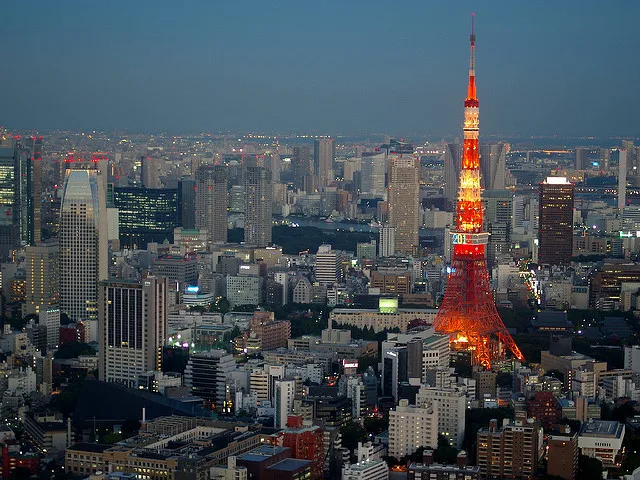Japan’s real wages have fallen by the most in almost nine years in January 2022, according to official data, as the country faces a four-decade high inflation rate that has undermined policymakers’ efforts to revive the economy from the impact of the COVID-19 pandemic. The trend is being closely watched by Bank of Japan officials, who have repeatedly stated that wage hikes, coupled with 2% inflation, are essential to scaling back the central bank’s loose monetary policy.
However, the reality is proving difficult to achieve, with total cash earnings, or nominal wages, posting a year-on-year gain of just 0.8% in January. This figure was much weaker than December’s revised 4.1% growth, which was driven by strong one-off winter bonuses. The feeble nominal growth in wages in January was well below the 5.1% consumer inflation rate used to calculate pay in real terms. Currently, Japan’s core consumer inflation, which excludes volatile fresh food prices but includes oil products, is running at 4.2%, the fastest pace since 1981.
Overtime pay, which is a key gauge of business activity strength, rose by 1.1% year-on-year in January, representing its weakest growth in 22 months. Meanwhile, special payments fell by 1.7% in January, following a revised 6.5% growth in the previous month. The indicator tends to be volatile on months other than the bi-annual bonus seasons of November to January and June to August.
The data confirms that December’s surge in wage growth was temporary, making it more likely that the Bank of Japan will maintain its easy policy. Governor Haruhiko Kuroda, who is presiding over his last meeting of a decadelong term this week, has repeatedly stressed that the central bank will continue monetary easing until wages and prices rise steadily. It is expected that his attention on Japan’s wage trend will be inherited by academic Kazuo Ueda, who is set to take over the Bank of Japan’s helm from April.
The stagnant salary data may mean that significant pay increases should not be expected from ongoing spring wage negotiations between companies and labor unions. While about 80% of Japanese firms are planning to raise wages, most will not reach the 5% increase target set by Rengo, Japan’s largest union federation, according to a report by Tokyo Shoko Research.
Inflation outpacing wage growth has been weighing on consumption, with household spending declining for the second month in January, risking an entrenched cooling in consumer confidence. Prime Minister Fumio Kishida has repeatedly urged business leaders to raise wages at a faster pace than inflation to help boost people’s spending power and kick-start a virtuous cycle of business activity.
The government’s recent economic stimulus package, amounting to ¥39 trillion ($287 billion) in fiscal outlay, included incentives for businesses to increase payrolls. However, the latest figures indicate that it may be difficult for the Bank of Japan to achieve its 3% target on a steady basis. The trend has also prompted more Japanese businesspeople to move overseas in search of better pay and working conditions, as the average wage in Japan has barely increased in the past 30 years.



